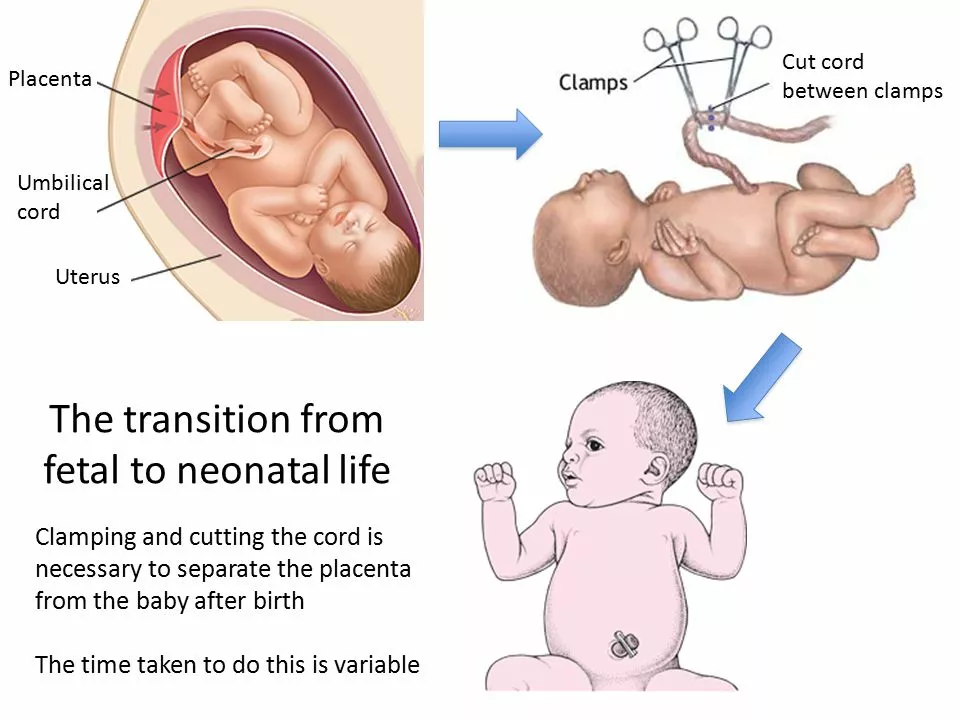Fetal death: what it means and what to do
A fetal death is when a baby dies before or during birth. It is different from a miscarriage by timing. This page explains causes, signs, testing, and how to get help. I will keep it clear and practical so you know what to expect and what questions to ask your care team.
Causes and risk factors
Fetal death can happen for many reasons. Common causes include placental problems, birth defects, infections, and high blood pressure in pregnancy. Other risks are poorly controlled diabetes, blood clotting disorders, smoking, and severe obesity. Sometimes no clear cause is found even after testing; that can be frustrating but it is not your fault.
Signs, tests, and what your doctor will do
You might notice reduced or no fetal movement. If that happens, contact your clinic or go to the hospital right away. Providers will check fetal heart rate with a doppler and use ultrasound to confirm. Blood tests may look for infections or clotting issues. After a fetal death is confirmed, doctors will explain options like induction to deliver the baby and possible treatments if an infection is present.
Pathology tests on the placenta or the baby can help find a cause. These tests guide future pregnancy care. Genetic testing or karyotyping may be offered, especially if birth defects are suspected. Your care team should explain what each test can show and how results affect future planning.
Managing future pregnancies often involves extra monitoring. That can include early scans, growth scans later in pregnancy, and checks of placental function. If you had a clotting disorder or high blood pressure, your doctor may change medications or recommend specialists for closer care next time.
Emotional support is vital. Losing a baby is painful and isolating. Ask your hospital about bereavement services, support groups, or mental health referrals. Many parents find counseling, peer groups, or faith-based support helpful. You do not have to handle grief alone.
Practical steps after a fetal death: get clear information from your provider, ask about tests and timing, request referrals for counseling, and write down questions for follow-up visits. If you plan another pregnancy, ask what can be done before conception to lower risk.
If you think you or someone else may be facing fetal death now, call your healthcare provider immediately. Quick action can confirm the situation and start medical and emotional care right away. Remember, medical teams are there to help and to answer direct, practical questions about tests, delivery options, and future pregnancy planning.
Common questions people ask: will this affect my ability to have children in the future? In many cases no, but care depends on the cause. How soon can I try again? Doctors often suggest waiting until you feel ready and any treatable issues are addressed; some recommend a medical wait. Who should I tell about my loss? Share with close family and your care providers; you can ask for privacy or for practical help during recovery.

